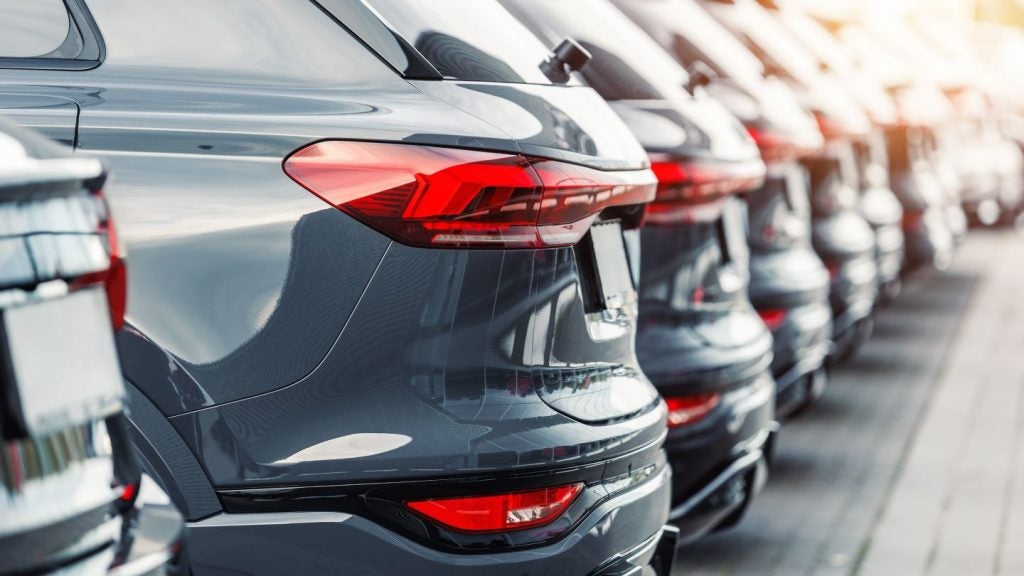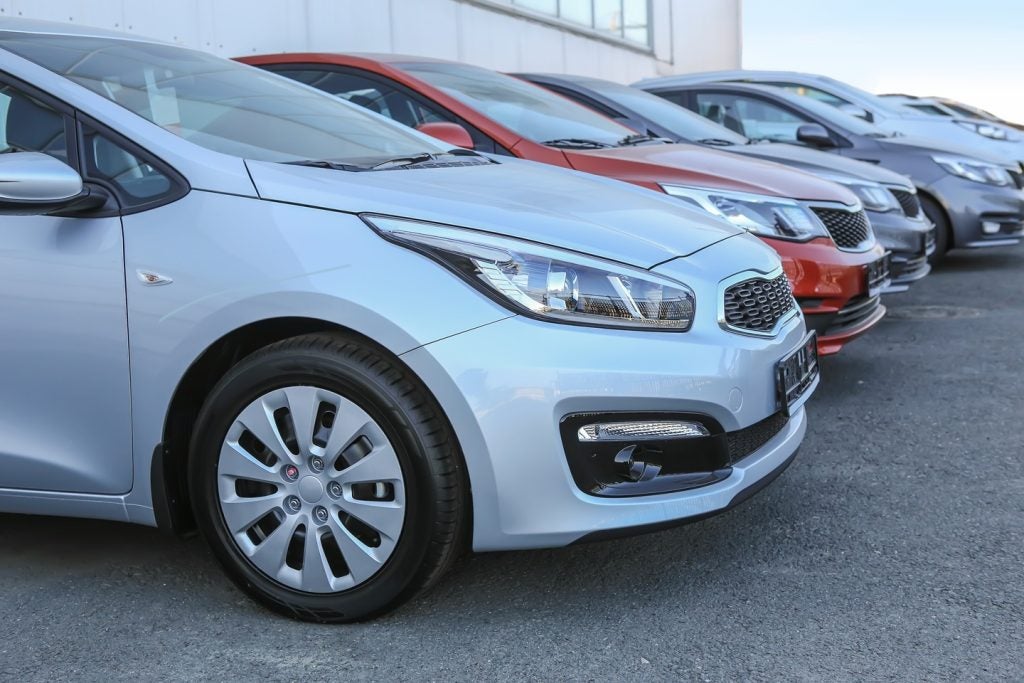The Chancellor of the Exchequer has announced
several proposals focusing on electric vehicles that will greatly
benefit the motor trade. However, with the end of the scrappage
scheme in sight, UK VAT returning to its normal rate of 17.5%, and
a rise in fuel duty, 2010 looks to be off to a rocky start
Chancellor Alistair Darling’s pre-Budget
report (PBR), delivered on December 9, contained several
announcements of interest to the motor finance and fleet industry –
most notably, eye-catching proposals to exempt electric cars from
benefit in kind tax for five years, and to introduce 100 percent
writing down allowances for electric vans in their first year.
However, Darling did not unveil an extension to the
scrappage scheme, an omission which was criticised by Sue Robinson,
director of the RMIF.
She commented: “The current [scrappage] scheme is
self-financing and has stimulated the new car market. The industry
would have welcomed a further extension to off-set some of the
negative market forces that could occur in 2010, particularly with
the rise in VAT rate [to 17.5 percent on January 1 2010].”
Electrifying the sector
How well do you really know your competitors?
Access the most comprehensive Company Profiles on the market, powered by GlobalData. Save hours of research. Gain competitive edge.

Thank you!
Your download email will arrive shortly
Not ready to buy yet? Download a free sample
We are confident about the unique quality of our Company Profiles. However, we want you to make the most beneficial decision for your business, so we offer a free sample that you can download by submitting the below form
By GlobalDataThe electric vehicles tax breaks,
meanwhile, attracted praise from many industry voices – although
there was also disappointment that Darling did not go far enough in
encouraging low-carbon investment.
“We are really pleased that the Chancellor has
listened to our call to modernise the business tax regime and give
a clear, long-term incentive for companies willing to be early
adopters of electric cars and vans,” said BVRLA chief executive
John Lewis.
Stephen Sklaroff, director-general of the Finance
& Leasing Association, said: “The Chancellor is right to
highlight the importance of low-carbon investment, such as electric
vans. But unless he acts through the tax system to support leasing
of a wider range of energy efficient business equipment, he will
not achieve his carbon reduction objectives.”
Richard Lawton of FleetDirectory.co.uk described
the tax breaks as “an [easy] headline grabber” and added: “If the
government were serious about reducing CO2 emissions among company
car drivers then these tax incentives would be available on the
most fuel efficient cars available now, not electric cars that are
at least 12 months away from hitting the road.
“Additionally, this incentive fails to acknowledge
the severe lack of recharge infrastructure outside of central
London.”
David Brennan, managing director of LeasePlan said:
“Exempting electric cars from company car tax is the biggest sign
yet that electric technology is foremost in the government’s mind
when it comes to reducing fleet emissions. The tax treatment of
company cars is already based on the CO2 profile of individual
models.
“The changes to capital allowances on electric vans
is an interesting move. The principle behind it is laudable, but in
practice it’s likely to make very little difference. Because of
their low emissions, electric vans wouldn’t pay any capital
allowances in their first year anyway. This seems to be more a
statement of commitment to electric vehicles than a genuinely
practical step to encourage lower emitting company vehicles.”
Gary Killeen, business leader at GE Capital,
questioned Darling’s approach to LCV taxation.
He said: “One surprise following today’s
announcement is that the government has not taken action to bring
light goods vehicle taxation in line with the current CO2 emission
linked taxation already imposed on cars.
“However, as the European Commission puts increased
pressure on van manufactures for an average CO2 of 175g/km and an
average mile per gallon figure of 42.8 from 2014, this is certainly
something we could well expect the government to announce in the
future.”
Moreover, Killeen and Brennan echoed Sklaroff’s
concerns over the lack of a nationwide charging
infrastructure for electric vehicles.
Fuel duty rise
Darling confirmed that fuel duty will
rise by 1p per litre annually between 2010 and 2013, with the rise
taking place on April 1.
Fleet company Masterlease noted: “The annual rise
in fuel duty, while not unexpected, will not help businesses manage
the whole life costs of their fleets. The PBR also addressed fuel
benefit charges by increasing the multiplier for private use fuel
to £18,000 and adding £50 to van fuel benefit charges.”
No AMAP change
The BVRLA criticised the government’s
decision not to change the structure of approved mileage allowance
payments (AMAPs).
“On the one hand the government is increasing fuel
duty and fuel benefit charges in a bid to encourage people to
consider greener motoring,” said Lewis.
“But it has ignored our calls to change the
structure of AMAPs, so that the 4 million claimants are
incentivised to use more fuel-efficient vehicles or alternative
means of transport when undertaking business trips.
“This rate is too generous as it is and many
organisations pay more, which actually encourages employees to
drive extra miles to subsidise their wages.”
Brennan noted that a rise in National Insurance
contributions (NIC) – with the previously announced hike of 0.5
percent in April 2011 being increased to 1 percent – will mean
that, more than ever, fleet managers will have to take the total
cost of ownership of a vehicle into account,” Brennan said.
“Increased employee and employer NIC costs will
have a knock-on impact on the company car benefit in kind charge.
For the cash-taker community, the NIC bill on the cash value will
increase.
“These proposed changes will make it even more
important to consider a ‘whole life cost’ approach to the setting
of car and cash entitlements if the impact is to be minimised for
the employer.”
In all, said Philip Peace, sales director at
Hitachi Capital Vehicle Solutions, the PBR was “rather predictable”
– with “difficult decisions” left to the next elected
government.
“Manufacturers will suffer most from the biggest
changes in this report and as such are facing a potentially
difficult time in 2010. The withdrawal of the scrappage incentive
scheme and the return to 17.5 percent VAT could combine as a
negative ‘double whammy’ and suppress volumes,” he commented.







